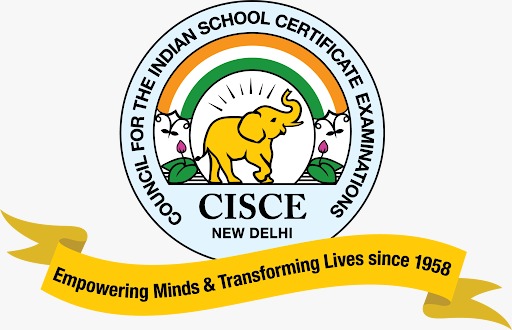Technology has revolutionized nearly every aspect of our lives, and education is no exception. In modern classrooms, technology is no longer a luxury but a necessity. It transforms the way students learn, helping them build critical skills for a future dominated by digital advancements. From interactive whiteboards to online learning platforms, integrating technology into classrooms equips students with the tools and knowledge they need to succeed in a rapidly changing world.
The Role of Technology in Modern Education
Technology in education bridges the gap between traditional teaching methods and the demands of the 21st-century world. It empowers educators to deliver lessons more effectively while engaging students in ways that were previously unimaginable. With the increasing reliance on digital solutions in workplaces, students exposed to technology early on gain a competitive edge.
Benefits of Technology in Classrooms
1. Personalized Learning Experiences
Technology enables tailored education, addressing the unique needs of each student. Adaptive learning software and applications analyze students’ progress and adjust content to their learning pace. This ensures that no student is left behind while challenging advanced learners to reach their full potential.
2. Enhanced Engagement and Interactivity
Interactive tools such as digital whiteboards, virtual reality, and gamified learning applications make lessons more engaging. These tools turn abstract concepts into tangible experiences, fostering curiosity and deeper understanding among students.
3. Access to a Wealth of Resources
The internet is a treasure trove of educational materials. Technology provides students with access to e-books, videos, online courses, and research papers, broadening their horizons and enabling them to learn beyond textbooks.
4. Collaboration and Communication
Digital tools facilitate collaboration, both within the classroom and beyond. Platforms like Google Classroom, Microsoft Teams, and Zoom enable students to work on group projects, share ideas, and communicate effectively, mirroring real-world professional environments.
5. Development of Digital Literacy
Incorporating technology in education helps students become proficient in digital tools, a crucial skill in today’s workforce. From basic typing skills to advanced programming, students gain confidence in navigating technology.
6. Real-Time Feedback and Assessment
Online quizzes, digital assignments, and learning management systems allow teachers to provide instant feedback. This helps students understand their strengths and areas for improvement, promoting a growth mindset.
7. Preparation for Future Careers
With industries increasingly relying on technology, familiarity with digital tools gives students an advantage. Exposure to coding, data analysis, and other technical skills prepares them for careers in technology-driven fields.
How Technology Prepares Students for the Future
1. Encourages Problem-Solving Skills
Technology introduces students to problem-solving scenarios through simulations, coding exercises, and interactive tasks. These experiences nurture critical thinking and analytical skills, essential for tackling real-world challenges.
2. Promotes Lifelong Learning
With access to online courses, webinars, and educational apps, students learn the value of continuous self-improvement. Technology fosters a culture of independent learning, vital in an ever-evolving job market.
3. Cultivates Creativity
From designing presentations to creating digital art, technology sparks creativity. Tools like graphic design software and video editing apps enable students to express themselves in innovative ways.
4. Global Connectivity
Technology breaks geographical barriers, connecting students with peers and experts worldwide. Virtual exchange programs and international collaborations broaden perspectives and foster cultural understanding.
5. Increases Adaptability
By regularly interacting with evolving technologies, students become adaptable to new tools and systems. This adaptability is invaluable in a fast-paced, technology-driven world.
Challenges and Solutions in Integrating Technology
While the benefits of technology in classrooms are undeniable, its integration comes with challenges. Access to devices and the internet remains a barrier for many students, highlighting the digital divide. Schools can address this by investing in affordable devices and creating internet access hubs. Additionally, teachers may require training to effectively use technology. Professional development programs and workshops ensure that educators are equipped to make the most of digital tools.
Conclusion
Technology in classrooms is more than a trend; it is an essential component of modern school education. By fostering digital literacy, encouraging creativity, and preparing students for future careers, technology equips them with the skills they need to thrive in a digital world. While challenges exist, the solutions are within reach, making it imperative for schools to embrace technology. In doing so, we can create a generation of learners who are not only knowledgeable but also innovative, adaptable, and ready to face the future.
FAQs
Technology enhances learning by making lessons interactive, engaging, and tailored to individual student needs through tools like adaptive software and multimedia resources.
Yes, technology can be adapted for all age groups. From educational games for young children to coding lessons for older students, there are tools for every stage of learning.
Challenges include the digital divide, lack of teacher training, and potential distractions. However, with proper planning and resources, these can be effectively addressed.
No, technology complements traditional methods. It enhances the teaching process while preserving the critical role of educators in guiding and mentoring students.
Schools can ensure effective use by providing teacher training, investing in reliable devices, and promoting a balanced approach that integrates technology with traditional learning.






